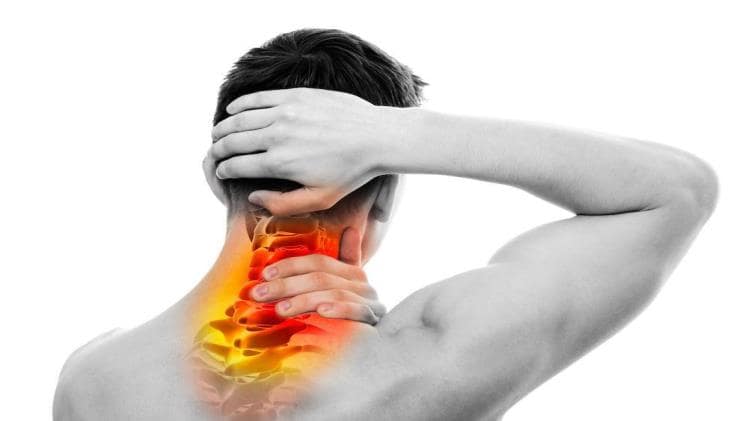Neck pain is a common problem that can affect anyone at some point in life. For example, muscle strain from poor posture like leaning over your smartphone or hunching over your workbench can cause pain. Neck pain due to muscle strain is usually not a severe problem and can improve with simple treatments like stretching and over-the-counter medication. However, sometimes Memorial Area neck pain can be chronic and interfere with your productivity. Below are the most common causes of chronic neck pain.
Cervical osteoarthritis
Osteoarthritis is a common cause of chronic neck pain; it occurs when the cartilage covering joints wear out, allowing bones to rub against each other. The most commonly affected areas include the hands, knees, hips, and spine, but this condition can affect any joint in the body. Like other joints in your body, the joints in the neck regions wear down with age. Osteoarthritis causes the cartilage in the cervical vertebrae to wear down, allowing friction between two or more bones. Consequently, the body forms abnormal bones (bone spurs), which cause pain and limit the range of motion.
Cervical degenerative disc disease
The spine comprises several cushioning discs between each vertebra; these discs hold the spine in position, act as shock absorbers, and prevent the vertebral bones from rubbing against each other. Each disc has a soft interior filled with a mucoprotein gel called the nucleus pulposus and a tough outer membrane called the annulus. Discs are about 85% water in children, but they begin to dry out as you grow older naturally. The water content typically drops to 70% by the time you are 70 years. When discs dry out, they provide less cushioning, so the vertebrae in your cervical region rub against each other.
Degenerative disc disease is not a disease but a description of the degenerative changes in the spine as you age. Almost everyone who lives long enough will develop degenerated discs, but certain factors make them more likely to develop sooner. For example, chronic smokers and overweight people are more likely to develop degenerative disc disease earlier.
Herniated disc
The discs in your spine have a tough outer membrane that encloses a soft gel interior called the nucleus. As you grow older, the outer membrane may form a weak spot through which the nucleus may push through and bulge in the spinal canal. If a bulged disc presses on a nerve root, you may experience pain that radiates down your shoulders and arms. You may also experience loss of sensation, numbness, and tingling down your arms.
Although neck pain is a common problem, it is also preventable. Simple lifestyle changes such as good posture when standing or sitting can help prevent neck pain. When sleeping, ensure your head and neck are aligned with your body by using a small pillow under your neck. Sleeping on your back with your thighs slightly elevated flattens your spinal muscles, which may help prevent neck pain.
If you have persistent neck pain, book an appointment with your physician at Expert Pain to discuss your treatment options.

